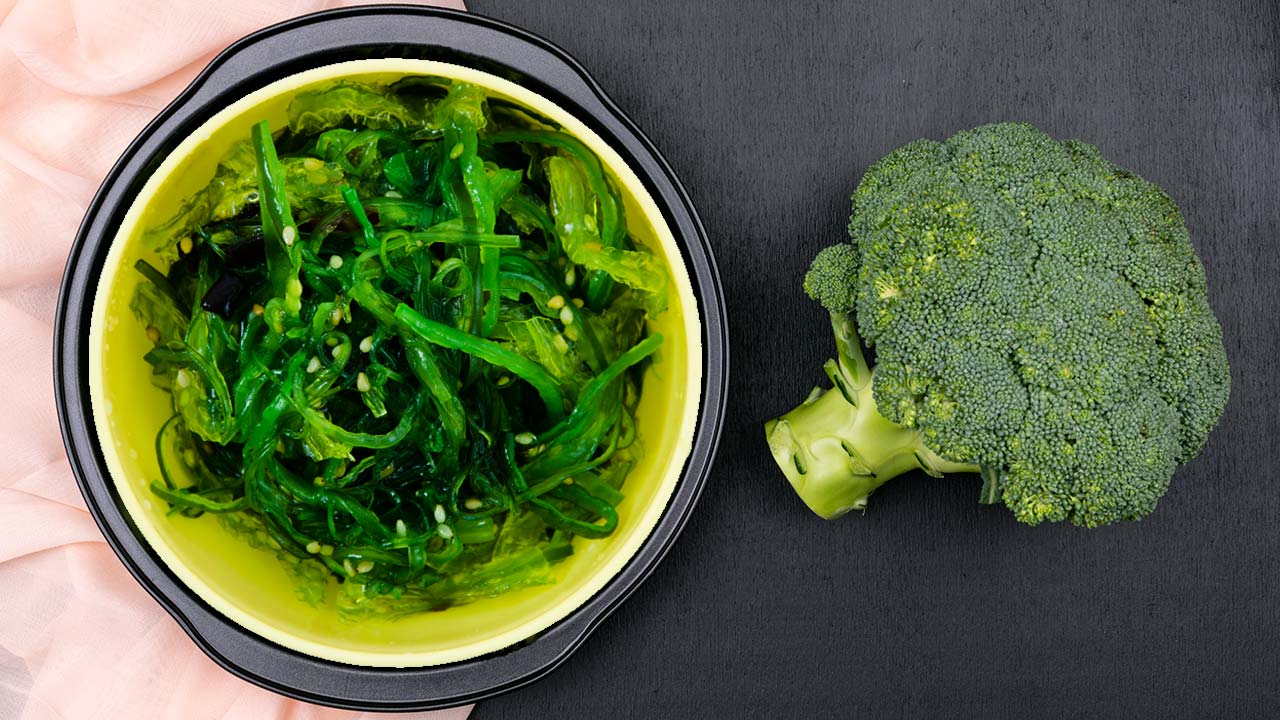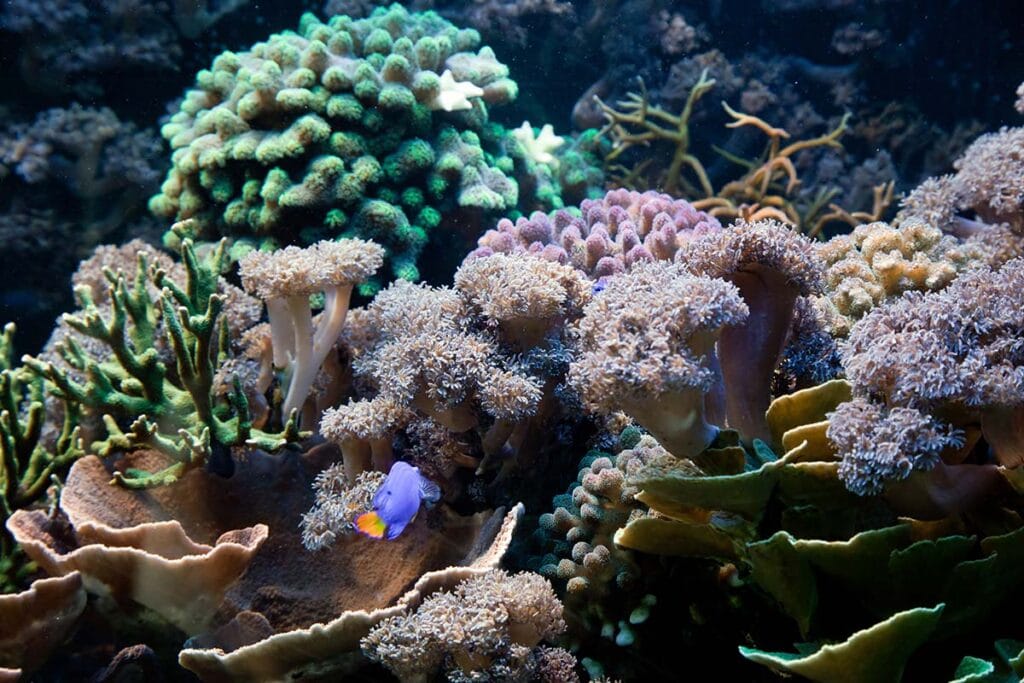Non-Cannabinoids Impact the Endocannabinoid System
Summarize

Table of Contents
Due to the growing popularity of CBD (cannabidiol) extracted from the hemp plant, it is not unusual to find many people who believe only the cannabis plant produces compounds capable of impacting the endocannabinoid system (ECS). The distinction between cannabis and hemp is that hemp is a cannabis plant that meets the maximum amount of THC allowed by law. The truth is there are cannabimimetic compounds in many plants that can interact with the endocannabinoid system (ECS), and this is backed by research over many years. Cannabimimetic is a term for non-cannabinoids that impact the ECS.
Researchers Identify Plant Compounds that Interact with the ECS
Mitchell Colbert discussed the history of research into cannabinoids found in plants, fungi and yeast as opposed to cannabis. He has written extensively about the science of cannabis and cannabinoids. In 2008, Jürg Gertsch and fellow researchers were the first to specifically identify a cannabinoid-like compound in a food item. They found that β-Caryophyllene (BCP) interacts with the CB2 receptors in the ECS. BCP is a terpene in black pepper, rosemary, cloves, hops and cannabis. BCP is not structured like cannabinoids in cannabis but acts like one. In 2008, researchers found that the Mediterranean, polyunsaturated diet, or diet high in saturated fat could affect endocannabinoid levels. So, the kind of fats eaten influences ECS levels.
This laid the foundation for further research. In 2014, researchers found that adding olive oil to an animal’s diet could restore CB1 receptor levels. Another study published in 2016 and led by Maria Notarnicola found olive oil led to the significant expression of CB2 receptors and could help control the proliferative activity of mice adipose (fat) tissue.
Raphael Mechoulam is called the “Father of Cannabis Science.” He also isolated and synthesized CBD, CBG and CBC. His successes were the result of decades of research. In 2019, he announced the development of synthetically stable cannabidiolic acid (CBDA). Now deceased, his goal was to take the unstable cannabis plant acid molecules and synthesize them for researching new medical therapies. His research found that CBDA in fiber and seed-oil hemp contained beneficial properties.
Discovery of Endocannabinoids May Lead to Novel Drugs
Dr. Raphael Mechoulam was instrumental in the research that found two compounds the body produces that target the ECS. They are anandamide and 2-AG and are called endocannabinoids. He found that the body also produces anandamide-like compounds because they are needed, identifying two that can reduce brain damage. That led to his research into olive oil and how the body makes a derivative of oleic acid, which olive oil contains, to fight the reduction in bone density.
He said in an interview in 2019 that what made him optimistic about the research is “Two things: One is the clarification of a new bodily system—a biochemical system of major importance. And the other thing is opening the area for novel drugs. We still don’t have novel drugs.
CBD is being sold as a drug, but it’s not yet an established one. So, it’s an opening to a new area. CBD was approved after a good clinical trial. Epidiolex is essentially pure CBD with just a very tiny amount of THC because they are extracting it from a plant.”
The research continues into olive oil. A study published in September 2023 found endocannabinoid-like mediators in olive oil may reduce appetite and help people stop over-eating.
Herbs, Yeast, Bacteria and Vegetables
Olive oil is not the only food item that produces cannabinoids. The wooly umbrella plant has 40 different cannabinoids. The South African herb is unrelated to cannabis but has the same biochemical pathway. In May 2023, a study reported the discovery of cannabinoid biosynthesis in the wooly umbrella plant (Helichrysum umbraculigerum). The plant produces six cannabinoids but not CBD or THC.
Is there a way to produce cannabinoids in other natural materials? UC Berkeley researchers reported in 2019 that it had produced cannabinoids by engineering yeast to produce cannabinoid chemical precursors. Canadian researchers found they could grow cannabinoids in microalgae. In 2022, researchers found the same engineering could be done with bacteria.

Many other studies have explored cannabimimetics in plants and foods that include chocolate, echinacea, rue and brassica vegetables, like broccoli and cauliflower, and liverwort, to name a few.
Research Points to Natural Cannabinoids as Good for Health
What does all of this research imply? One is that there will likely be a day when cannabinoids are mass-produced from sources other than the cannabis plant. As more research reports the health benefits associated with cannabinoids, the possibilities exist for developing new and more effective health therapies at a cheaper price.
Second, the growing research on the benefits of foods like olive oil and rue and brassica vegetables for general health, losing weight and preventing disease should encourage people to change their dietary habits.
Third, this research supports the potential role of CBD as a potent natural cannabinoid that may contribute to good health. The potential of synthetic cannabinoids remains to be seen, but continued research is very likely to lead to a deeper understanding of cannabinoids and endocannabinoids.
Sources
- https://hightimes.com/guides/cannabeginners-cannabinoids-without-the-cannabis/
- https://www.ncbi.nlm.nih.gov/pmc/articles/PMC2449371/
- https://pubmed.ncbi.nlm.nih.gov/18316044/
- https://pubmed.ncbi.nlm.nih.gov/25533906/
- https://www.ncbi.nlm.nih.gov/pmc/articles/PMC5166557/
- https://www.ncbi.nlm.nih.gov/pmc/articles/PMC8746417
- https://mgmagazine.com/business/science-tech/dr-raphael-mechoulam-the-godfather-of-cannabinoid-research/
- https://www.nature.com/articles/s41477-023-01415-y
- https://www.nature.com/articles/s41586-019-0978-9
- https://www.nature.com/articles/s41586-019-0978-9
Share this post


0